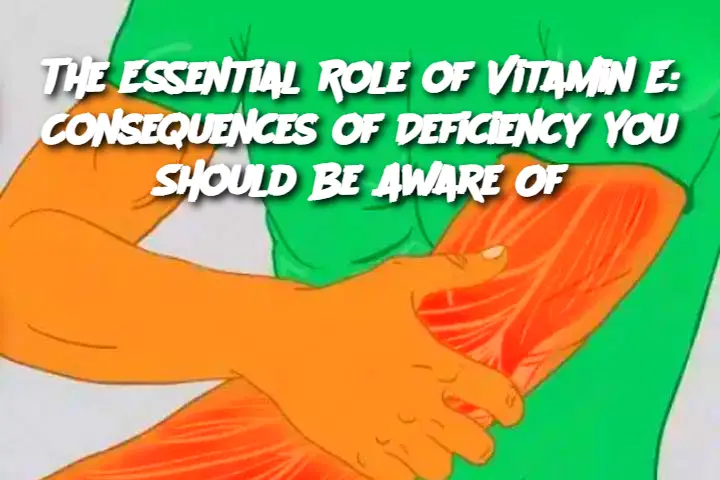ADVERTISEMENT
For Vegetarians: Include plant-based sources such as sunflower seeds, almonds, and fortified plant-based milks (almond milk or soy milk) to meet your Vitamin E needs.
For Meat-Eaters: Adding fatty fish like salmon or trout and consuming a variety of leafy greens and nuts will help you maintain a sufficient Vitamin E intake.
Smoothie Variations: Try a smoothie made with kale, almond butter, chia seeds, and avocado for a nutrient-packed option that provides both Vitamin E and other beneficial nutrients.
FAQs:
1. What happens if you have a Vitamin E deficiency?
A Vitamin E deficiency can lead to a range of health issues, including muscle weakness, vision problems, immune system dysfunction, and neurological damage. This is because Vitamin E plays a role in protecting cells from oxidative stress.
2. How can I tell if I am deficient in Vitamin E?
Symptoms of Vitamin E deficiency include fatigue, muscle weakness, vision impairment, and problems with coordination and balance. If you suspect a deficiency, it's essential to consult with a healthcare provider for proper diagnosis and treatment.
3. Can Vitamin E deficiency be prevented through diet alone?
Yes, a balanced diet with sufficient amounts of nuts, seeds, leafy greens, and fortified foods can typically prevent a Vitamin E deficiency. If you are at risk of deficiency due to specific health conditions or dietary restrictions, a supplement may be recommended by your healthcare provider.
4. Can cooking affect the Vitamin E content of food?
Vitamin E is fat-soluble, meaning it can be sensitive to heat. However, cooking foods like spinach or broccoli lightly in a small amount of healthy oil can actually enhance the absorption of Vitamin E. Overcooking, however, can reduce the nutrient content.
5. Are there any side effects from taking too much Vitamin E?
While Vitamin E toxicity is rare, excessive intake, especially from supplements, can cause issues such as nausea, diarrhea, or bleeding problems. It's essential to follow recommended daily intake guidelines to avoid negative side effects.
Conclusion:
Vitamin E is a vital nutrient that contributes to maintaining good health, especially by protecting the body from oxidative damage. A deficiency can lead to various complications, but by incorporating Vitamin E-rich foods into your diet, you can ensure that your body gets the protection and support it needs. If you suspect a deficiency, it’s important to consult with a healthcare professional for proper diagnosis and treatment. With the right approach, you can enjoy the many health benefits that this powerful nutrient provides.
ADVERTISEMENT
